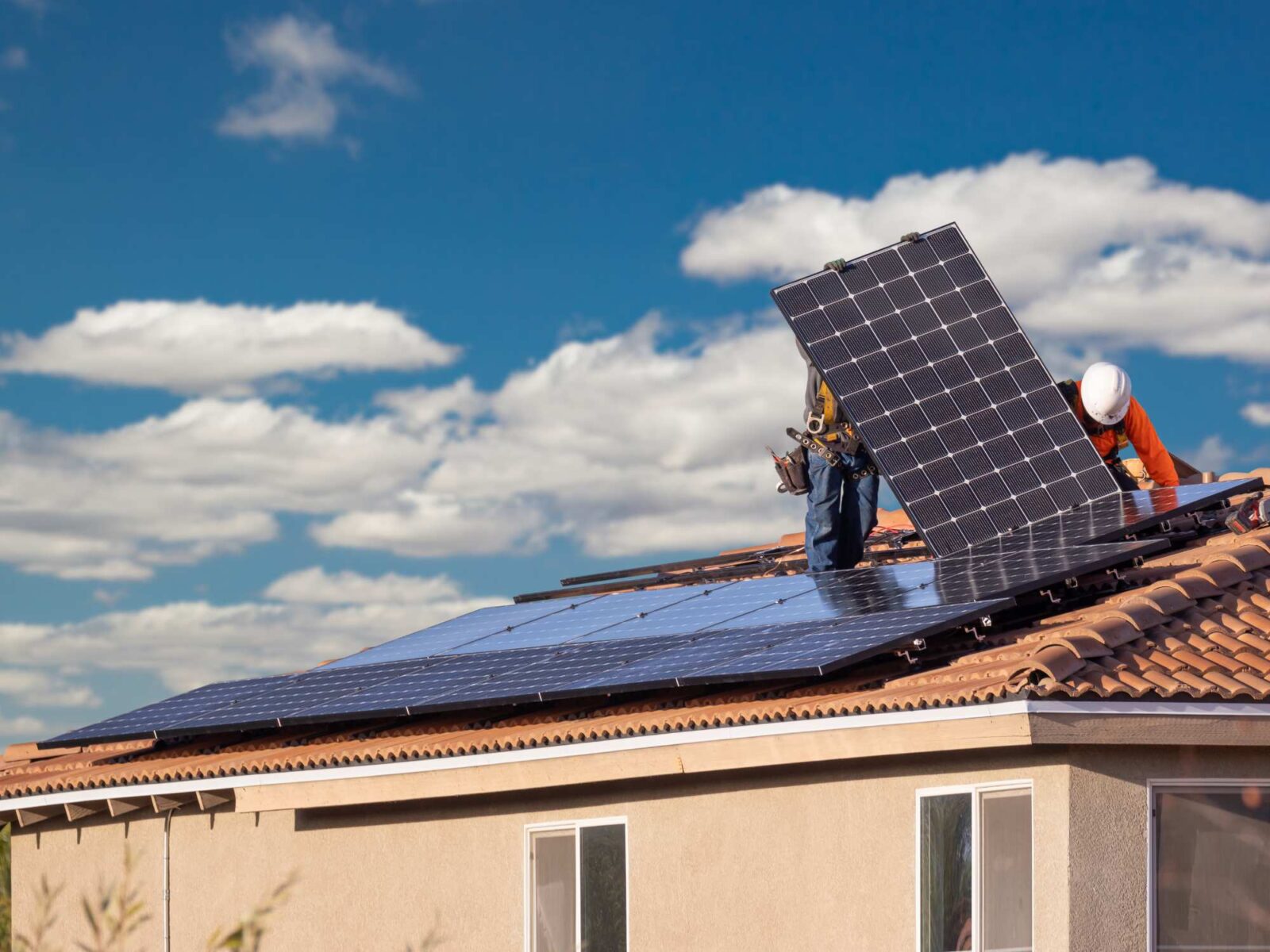Should I Buy or Lease Solar Panels?
ACE Staff Writer
|April 13, 2023

Solar energy is one of the fastest-growing renewable energy sources. It has become increasingly popular as a way to reduce carbon emissions and save money on electricity bills. With the rising demand for solar energy, homeowners who are considering going solar have two options to choose from: buying or leasing solar panels. In this blog post, we will explore the pros and cons of each option to help you decide whether to buy or lease solar panels.
Buying Solar Panels
When you buy solar panels, you own them outright. This means you are responsible for maintaining and repairing them. The initial cost of buying solar panels can be high, but it can pay off in the long run. Here are some of the benefits of buying solar panels:
Long-term savings: Once you pay for the solar panels, you will have free electricity for years to come. You can save thousands of dollars on electricity bills over the life of the panels.
Increase in home value: Studies have shown that homes with solar panels sell for more than those without. Buyers are willing to pay a premium for a home with solar panels because they know they will save money on electricity bills.
Tax credits: The federal government offers a tax credit of 30% of the cost of solar panel installation under the Inflation Reduction Act. Some states offer additional incentives, which can reduce the cost of installation even further.
Control over energy production: When you buy solar panels, you have control over how much energy they produce. You can add more panels if you need to increase energy production.
However, buying solar panels also has some disadvantages:
High upfront cost: The initial cost of buying solar panels can be high. It can take several years to recoup the initial investment.
Maintenance and repair: As the owner of the solar panels, you are responsible for maintenance and repair. This can be an added expense if the panels need repairs.
Risk of obsolescence: Solar technology is rapidly evolving, and there is a risk that your panels will become obsolete. This can be a concern if you plan to sell your home in the future.
Leasing Solar Panels
When you lease solar panels, you do not own them. Instead, you pay a monthly fee to use them. The leasing company is responsible for maintenance and repairs. Here are some of the benefits of leasing solar panels:
Low upfront cost: The initial cost of leasing solar panels is low. You can start using solar energy without having to pay a large upfront cost.
No maintenance or repair costs: As the lessee, you are not responsible for maintenance or repair costs. The leasing company takes care of these costs.
No risk of obsolescence: Since you are not the owner of the panels, you are not at risk of them becoming obsolete.
Flexibility: Leasing allows you to change your energy needs as your family grows or your lifestyle changes.
However, leasing solar panels also has some disadvantages:
No long-term savings: While you will save money on electricity bills, you will not have free electricity in the long run. You will be paying a monthly fee to use the panels.
No increase in home value: Since you do not own the solar panels, they do not increase the value of your home.
Limited control: When you lease solar panels, you have limited control over the energy they produce. You cannot add more panels if you need to increase energy production.
Contract terms: The terms of the lease can be complicated, and you may be locked into a long-term contract and it does create additional paperwork when selling the home.
Conclusion
In conclusion, whether to buy or lease solar panels depends on your financial situation and energy needs. Buying solar panels can be expensive upfront, but it can pay off in the long run. You will have free electricity and can increase the production as needed. Additionally, buying solar panels can increase the value of your home and provide tax benefits.
On the other hand, leasing solar panels may be more appealing for those who cannot afford the upfront cost of buying solar panels. Leasing solar panels also provides flexibility in terms of changing energy needs and no maintenance or repair costs.
It is important to note that not all leasing options are created equal, and it is important to carefully read and understand the terms of the lease before signing. Additionally, it is important to research the company offering the lease and their reputation in the industry.
Ultimately, the decision to buy or lease solar panels will depend on your specific situation and goals. It is recommended that you consult with a reputable solar energy provider to discuss your options and determine the best solution for your needs.
Join our Youth Action Network
More Blog Posts
Driving India towards self sufficiency and freedom from oil
India can shield itself from oil-price shocks and global pressure over Russian barrels by leaning harder into two strengths it …
Read More
Unnatural, Not Unprecedented
For two weeks, residents of Southern California endured a waking nightmare. Parents raced against time – hurrying down the driveway …
Read MoreCrafting a Vision for the Future: My Experience at LCOY USA 2024
Dry and sunny Tempe, Arizona where temperatures have been over 100 F for 113 consecutive days, delegates gathered to attend …
Read More